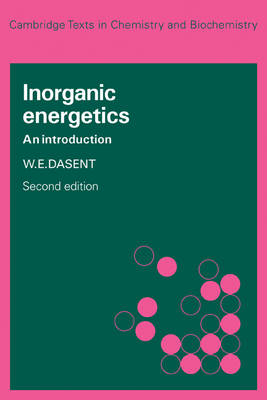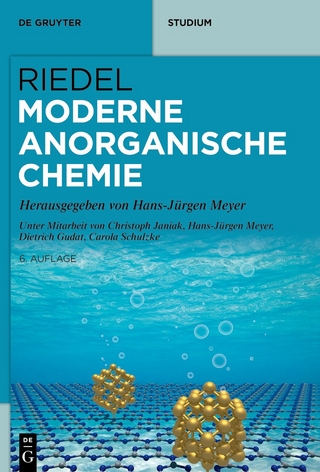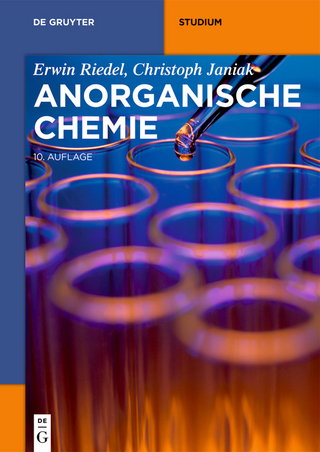
Inorganic Energetics
An Introduction
Seiten
1982
|
2nd Revised edition
Cambridge University Press (Verlag)
978-0-521-28406-6 (ISBN)
Cambridge University Press (Verlag)
978-0-521-28406-6 (ISBN)
When W. E. Dasent's Inorganic Energetics first appeared in 1970 it rapidly established itself as an important teaching text. This 1982 revised second edition uses the principles of thermodynamics to help elucidate the problems of what has too frequently been regarded as a quite separate discipline: inorganic chemistry.
When W. E. Dasent's Inorganic Energetics first appeared in 1970 it rapidly established itself as an important teaching text. In this 1982 second edition, the author preserved the same basic structure and objectives of the earlier edition, although much of the material has been rewritten and the numerical data revised. Thermodynamics is commonly presented as a self-contained component of physical chemistry. This book uses the principles of thermodynamics to help elucidate the problems of what has too frequently been regarded as a quite separate discipline: inorganic chemistry. The bringing together in this way of two traditionally distinct branches of chemistry adds an important quantitative dimension to the more customary interpretations of inorganic reactivity in terms of chemical bonding theory. The author provides extensive tabulations of data designed to help students to make their own thermodynamic analyses of inorganic reactions which are not specifically discussed. S.I units are used throughout.
When W. E. Dasent's Inorganic Energetics first appeared in 1970 it rapidly established itself as an important teaching text. In this 1982 second edition, the author preserved the same basic structure and objectives of the earlier edition, although much of the material has been rewritten and the numerical data revised. Thermodynamics is commonly presented as a self-contained component of physical chemistry. This book uses the principles of thermodynamics to help elucidate the problems of what has too frequently been regarded as a quite separate discipline: inorganic chemistry. The bringing together in this way of two traditionally distinct branches of chemistry adds an important quantitative dimension to the more customary interpretations of inorganic reactivity in terms of chemical bonding theory. The author provides extensive tabulations of data designed to help students to make their own thermodynamic analyses of inorganic reactions which are not specifically discussed. S.I units are used throughout.
Foreword J. Lewis; Preface to the second edition; Units and conversion factors, constants, data sources; 1. Energy changes in inorganic reactions; 2. Energetics of gaseous atoms and ions; 3. Energetics of ionic crystals; 4. Energetics of covalent compounds; 5. Energetics of inorganic substances in solution; References; Index.
| Erscheint lt. Verlag | 15.4.1982 |
|---|---|
| Reihe/Serie | Cambridge Texts in Chemistry and Biochemistry |
| Zusatzinfo | Worked examples or Exercises |
| Verlagsort | Cambridge |
| Sprache | englisch |
| Maße | 152 x 229 mm |
| Gewicht | 300 g |
| Themenwelt | Naturwissenschaften ► Chemie ► Anorganische Chemie |
| ISBN-10 | 0-521-28406-6 / 0521284066 |
| ISBN-13 | 978-0-521-28406-6 / 9780521284066 |
| Zustand | Neuware |
| Haben Sie eine Frage zum Produkt? |
Mehr entdecken
aus dem Bereich
aus dem Bereich
Buch | Hardcover (2024)
Springer Spektrum (Verlag)
64,99 €


